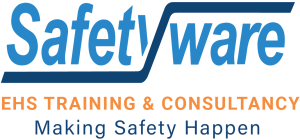Blog
Posted By: Nur Afifa Binti Sazali | Oct 27, 2023
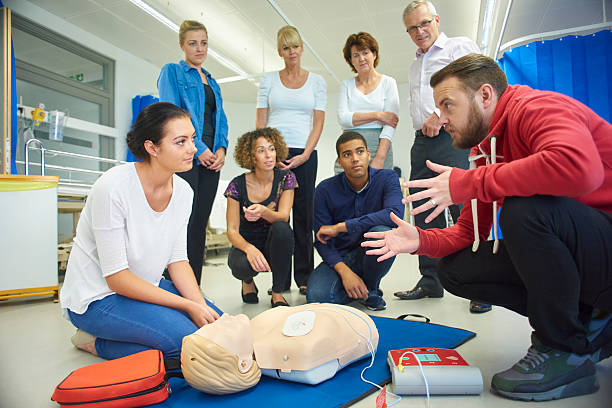
IMPORTANCE OF BASIC FIRST AID: CPR
CPR stands for Cardiopulmonary Resuscitation. It is a life-saving emergency technique performed when a person's breathing suddenly stops or their heart stops beating. This urgent technique is intended to keep blood flowing and key organs, including the brain, oxygenated until advanced medical assistance can be provided. CPR has a long history of innovation and refinement. While the basic concepts of CPR date back to ancient times, the current approach we know today was created and improved in the early 1960s.
Extensive study and advances in medical science have led to the development of standardized methods for performing CPR, which are currently utilized worldwide. CPR has evolved into an essential and foundational skill in the field of first aid, playing a critical role in helping people regain their conciousness and perhaps saving lives.
Immediate Response
In cases of cardiac arrest, time is of the essence. Immediate CPR can sustain blood circulation and oxygen delivery to essential organs, which is critical for preventing brain damage and increasing survival prospects.
Bystander Empowerment
Basic Assistance CPR training enables bystanders, including family members, acquaintances, and strangers, to respond in an emergency and potentially save a life. It serves as a link between the commencement of a medical crisis and the arrival of professional medical assistance.
Increased Survival Rates
Beginning CPR as soon as possible might double or even triple a victim's chances of survival. When CPR is performed quickly and successfully, it aids in the maintenance of blood flow and oxygenation until more advanced medical measures can be delivered.
Basic assistance has universal applicability
CPR can be used in a variety of emergency scenarios, not simply cardiac arrest. It can be used to help choking sufferers, near-drowning victims, and others in respiratory distress.
Community Resilience
CPR training that is widely available contributes to community resilience by developing a network of people who can provide immediate assistance in an emergency. This is particularly important in disaster or mass casualty circumstances.
CPR is frequently the primary response in medical emergencies, enabling time for professionals to arrive and further diagnose and treat the victim.CPR training gives people the knowledge and skills they need to respond confidently and efficiently in high-stress circumstances. When observing a medical emergency, it might lessen panic and hesitancy.
In conclusion, fundamental assistance in an emergency, CPR is a critical life-saving skill that can mean the difference between life and death. It enables regular people to become first responders, dramatically enhancing survival chances and decreasing the effect of medical emergencies. Learning and practicing CPR is an investment in your community's well-being and the lives of people around you.
If you are looking for a reliable and experienced first aid, CPR, and AED training provider, look no further than Safetyware EHS Consultancy Sdn Bhd. Contact us today to learn more about how we can help you improve your emergency response capabilities and ensure compliance with OSHA regulations.
📲: 012-4987882
🌐: ehs.safetyware.com.my
Recent Articles
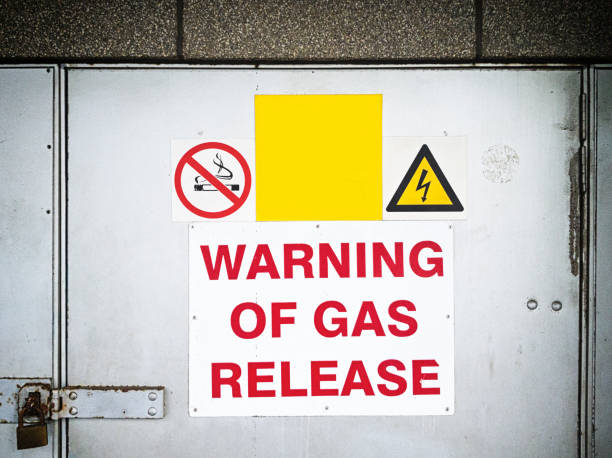
Posted By: Nur Afifa Binti Sazali
Jan 10, 2024
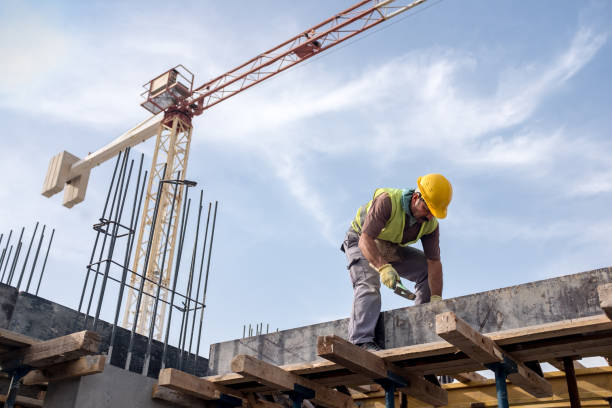
Posted By: Nur Afifa Binti Sazali
Jan 02, 2024

Posted By: Nur Afifa Binti Sazali
Dec 08, 2023
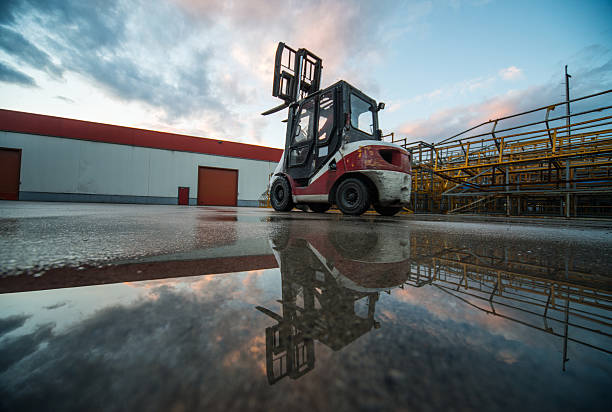
Posted By: Nur Afifa Binti Sazali
Dec 07, 2023

Posted By: Nur Afifa Binti Sazali
Dec 01, 2023
Plot 237,
Lengkok Perindustrian Bukit Minyak 3,
Bukit Minyak Industrial Estate,
14100 Simpang Ampat, Penang, Malaysia.
Enquiries :
[email protected]
Call Us :
Tel : +604-5023 882 (8 lines)
Toll Free : 1300-22-3882
